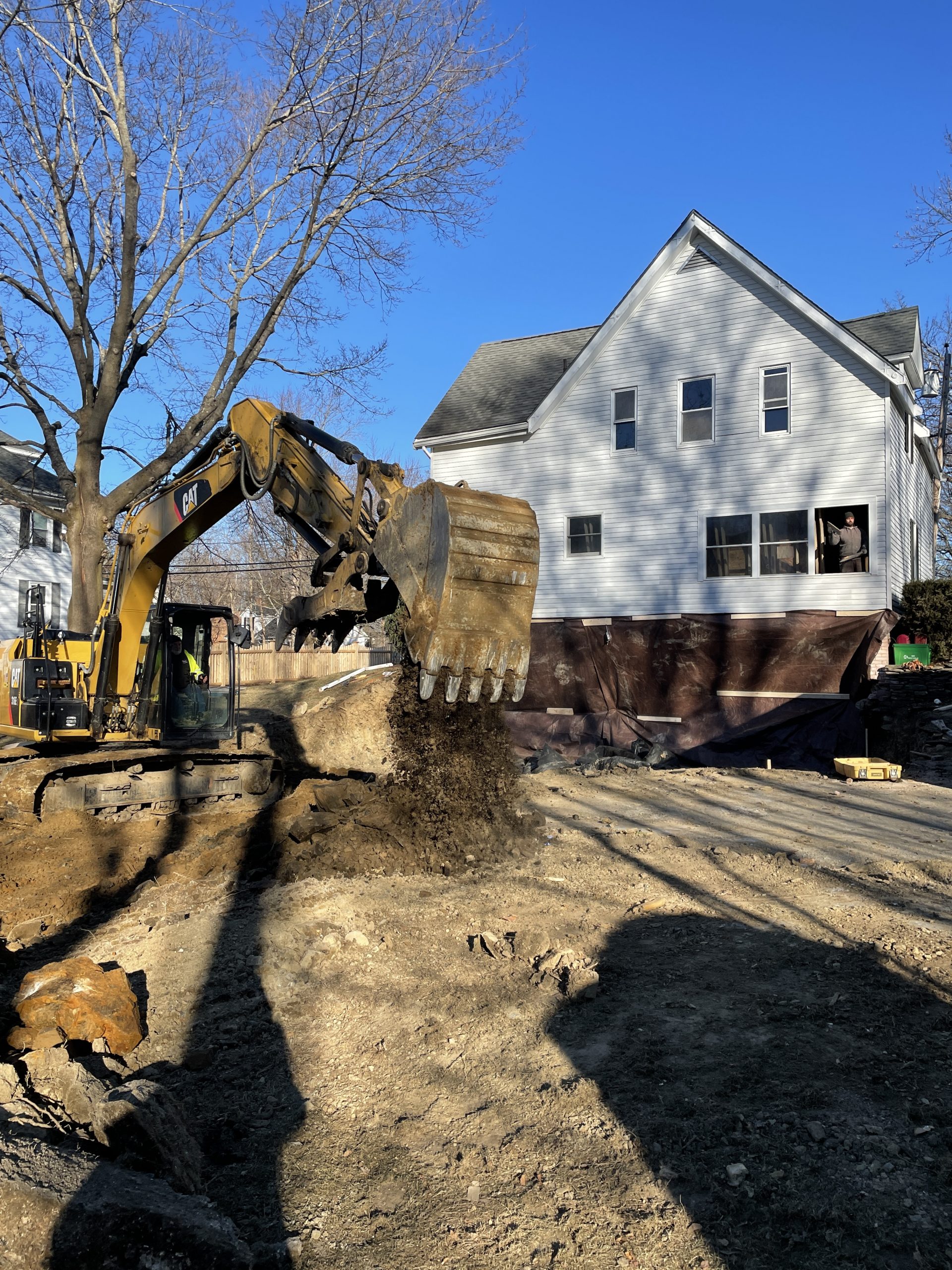;)
;)
;)
As you consider doing a new project, buying plans, or just changing your materials in the house with a renovation, the first thing you want to do is hire a contractor. DIY is great for small projects like painting, but much more than that, you will need a licensed professional to hire, trust and do the work for you. This relationship is key to the success of your project to choose wisely.
HOW TO HIRE:
- Researching who is in your area can help see who is working on the project, similar to your scope. For example, if you are building a new construction house, you want to see those job signs on similar-looking houses in scale and quality to what you hope to develop. Job signs are the best form of advertising that builders have because they actively show what they can do.
- Interview the contractors once in their office to see how they work and run their schedules. Then, to ensure the contractor is right for your project, have a second interview on the site. The job site had better be clean. Any trash or disorganization is a clear marker that the organization is disorganized.
- Call a minimum of three references of old clients. Now, he’s not going to give you anyone who says something negative, so be aware of that realistically and make sure that these are all clients within five years. Ask them questions about the timeline, budget, communication skills, and craftsmanship.
*I would love to work with a female contractor but have yet to have the opportunity, so I am using the male pronoun here. If you are a female contractor, let’s connect!
HOW TO WORK WITH YOUR CONTRACTOR:
- You want communication to be open. Have an honest conversation about when and how it is appropriate to communicate. For example, communicating on the weekends is stepping over the line because we all need time to reset and refill. Texts and calls on the weekends and evenings might be convenient, but remember, this is their business, and they have a personal life.
- You might be sitting at your desk all day doing email, but that is not the reality of a contractor. They might get to email very early in the morning or late at night. Still, if you are expecting prompt email communications, I suggest visiting with yourself if you want your house built or expecting prompt email communication. Typically, contractors are much better at text or phone calls; it’s the reality of the job.
- Schedule a weekly meeting either on zoom/facetime or in person. If you are not living in the area, trust goes a long way, and if you can let go and let your builder get things done in a time-efficient manner, that is a gift to everyone.
- If you find that the project is over budget, a messy job site with a never-ending extended timeline, it’s time to tighten the reins. Make sure weekly meetings happen, and a schedule is presented at the beginning of every week to hold them accountable for where you are in the project. Many moving parts on a job site are not in control, so ensure you know what is happening without over-managing them. There is a fine line between managing expectations and managing another company; you don’t want the client constantly pushing unreasonable expectations onto a contractor. If you hire well, you need to trust them. If you didn’t, you would need to manage the relationship very carefully to get through the project successfully. The rude clients get very little from being rude and only find themselves more frustrated.
Start with hiring well. Feel good about your decision. Communicate clearly and efficiently, then let go a bit and trust. This formula will serve you well for the project’s duration.
